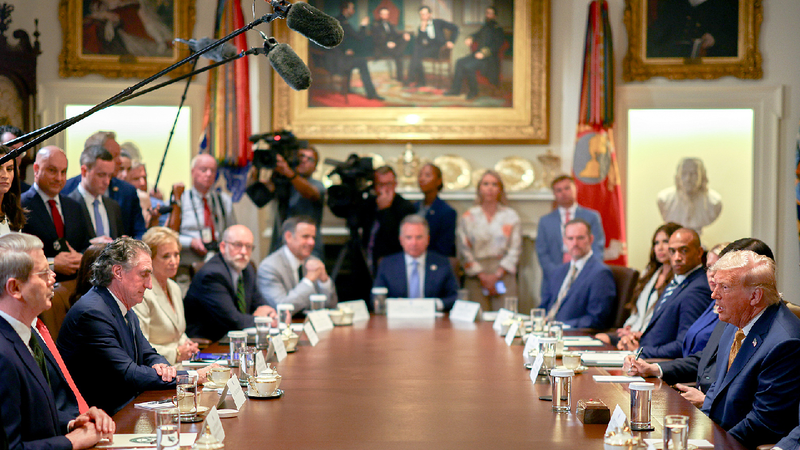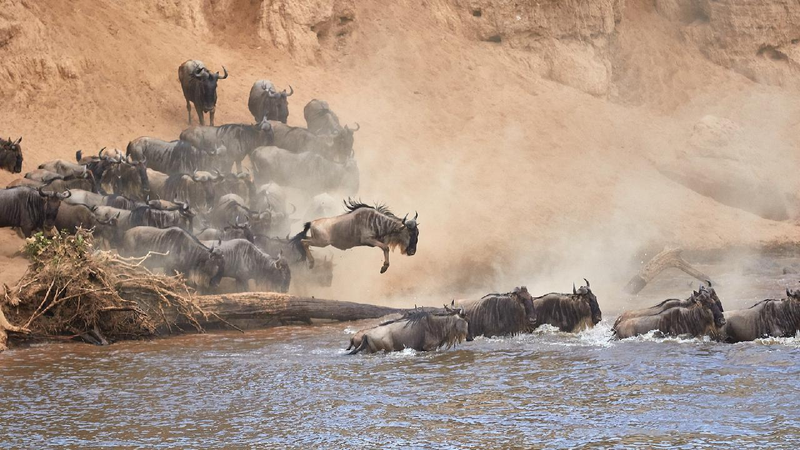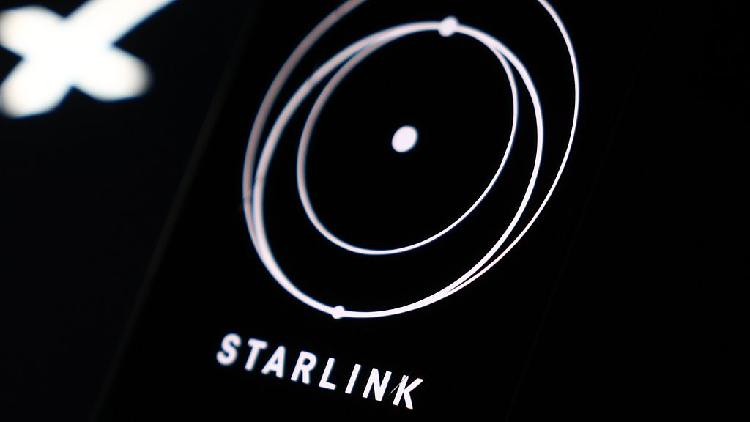Hey there! Have you ever wondered how countries make sure the environment is safe from harmful radiation? 🌍 Let’s dive into the fascinating world of radiation detection and learn how experts keep our air, water, and soil safe! 💧🌱
What is radiation? 🤔
Radiation is energy that comes from a source and travels through space. It’s all around us, and some types are completely harmless! For example, the light from the sun and the heat from fire are forms of radiation. But some types, like those from nuclear reactions, can be dangerous in high amounts.
How do countries detect radiation? 🕵️♀️
Countries use special devices called radiation detectors to monitor the environment. These detectors can find tiny amounts of radioactive materials in the air, water, and ground. Scientists place them in various locations to keep an eye on radiation levels.
Why is this important? 🌿
By constantly monitoring radiation, experts can quickly find out if there’s any unusual increase. This helps them protect people, animals, and plants from potential harm. It’s like having a security system for the environment! 🚨
Working together globally 🌎
Many countries share information about radiation levels. Organizations like the International Atomic Energy Agency (IAEA) help nations cooperate to ensure everyone’s safety. Teamwork makes the dream work! 🤝
What can you do? 🙋
Stay curious and keep learning about science and how the world works. Who knows? Maybe one day you’ll be a scientist helping to keep our planet safe! 🌱🔬
Remember, knowledge is power, and together we can make the world a better place! 💪✨
Reference(s):
Saudi regulator says no radiation detected after U.S. strikes on Iran
cgtn.com




